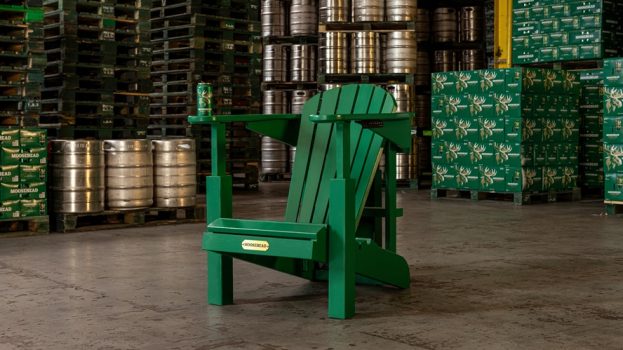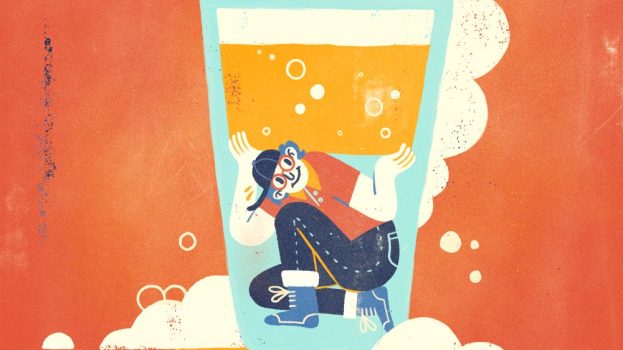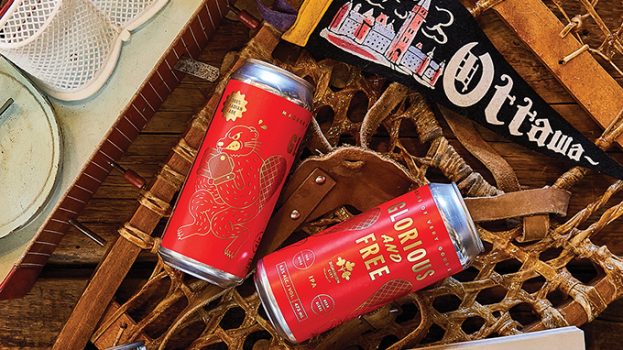
Life stages, rather than demographics, are better predictors of whether or not someone will live a sober lifestyle.
That is according to a study by media agency Empathy, which recently surveyed a group of Canadians about their drinking habits.
While 70% of respondents will not change their consumption habits in light of recent Health Canada recommendations about limiting their alcohol intake, the same cannot be said more personal life events and changes.
In fact, the survey found that life stages were an even better predictor of drinking behaviour than demographics. Divorce, the birth of a child and job changes were the most common recent life events to occur among those who plan to drink less this year.
Deciding not to drink is often driven by a desire for more stability in life, as well as socio-economic status. When building audiences, the survey recommends keeping these two factors in mind.
The non-alcoholic beer market is predicted to grow at 8% in Canada, with beer and wine drinkers twice as likely to switch to non-alcoholic alternatives as drinkers of spirits. Within Empathy’s survey, 42% of people intend to reduce alcohol consumption, the greatest opportunity in North America for marketers of non-alcoholic beverages.
When Empathy asked respondents how they plan to consume less, the answer frequently revolved around reducing their social activity. While replacing with a zero-proof option was the most popular answer, not going to bars and clubs at all came in second at 25%.
While divorce and job changes were also frequent events among those who say they expect to increase drinking, the top occasions respondents said they need a drink are primarily related to celebrating important events.
With that in mind, when marketing non-alcoholic beverages, the agency recommends focusing more on the occasion and less on the product. Since virtually no one moves to non-alcoholic beverages because of a taste preference, it is best to position zero-proof as a choice that allows the chooser to fit in with the occasion and consume something they like, while still avoiding alcohol.
Among the other findings: 44% of those who felt financially insecure said they drank more during the pandemic, compared to only 30% of those who felt financially secure. People who feel financially insecure are three times as likely to plan to drink significantly less in 2023 as financially secure people.
Lastly, 49% of respondents say they are replacing alcohol with non-alcoholic alternatives, while only 9% are choosing cannabis as a replacement.























